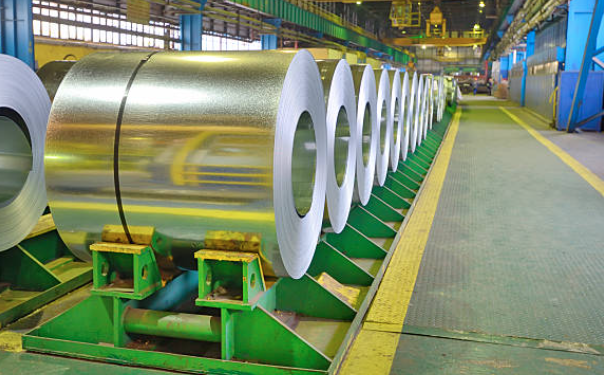In a roll forming facility, a Coil Inventory Management System (CIMS) plays a crucial role in overseeing and optimizing the use of metal coils throughout the manufacturing process. This system involves tracking the quantity, type, and condition of metal coils, which are essential raw materials in roll forming operations. Here’s a closer look at its importance and benefits:
Importance of Managing Metal Coil Inventory
- Cost Efficiency: Managing metal coil inventory effectively can lead to significant cost savings. By tracking coil usage and maintaining optimal stock levels, facilities can minimize excess inventory and reduce waste. This is particularly important given the rising costs of raw materials.
- Production Scheduling: Accurate inventory data helps in planning production schedules more effectively. Knowing the availability and specifications of coils allows manufacturers to avoid delays caused by stock shortages, ensuring that production runs smoothly and deadlines are met.
- Quality Control: Regular monitoring of inventory helps ensure that only high-quality coils are used in production. By maintaining detailed records of coil conditions, facilities can identify potential quality issues early and take corrective actions.
- Space Optimization: Managing coil inventory effectively helps optimize warehouse space. By implementing efficient storage systems and inventory practices, manufacturers can utilize their space more effectively, reducing overhead costs associated with storage.
- Traceability: A robust inventory management system provides traceability of coils from receipt through to production and shipping. This is essential for compliance with industry regulations and quality assurance processes.
How Modern Systems Streamline Operations
- Automated Tracking: Modern coil inventory management systems often utilize RFID (Radio Frequency Identification) or barcode scanning technologies to automate the tracking of coils. This reduces manual errors and provides real-time visibility of inventory levels.
- Data Analytics: Advanced systems can analyze historical usage patterns, helping manufacturers forecast future needs more accurately. This allows for better planning and reduces the likelihood of stockouts or overstocking.
- Integration with ERP Systems: Many CIMS can integrate with Enterprise Resource Planning (ERP) systems, providing a holistic view of operations. This integration helps in synchronizing inventory data with other aspects of the business, such as sales and production planning.
- Mobile Access: Modern inventory management solutions often offer mobile applications, allowing staff to access inventory data from anywhere within the facility. This flexibility enhances decision-making and responsiveness to changing conditions on the shop floor.
- Customizable Alerts: These systems can be programmed to send alerts for low stock levels or upcoming expiration dates on coils, ensuring proactive inventory management and reducing the risk of production disruptions.
Conclusion
In summary, a Coil Inventory Management System is vital for any roll forming facility aiming to enhance efficiency and reduce costs. By effectively managing metal coil inventory, manufacturers can streamline operations, maintain quality standards, and ultimately improve their bottom line. As technology advances, the benefits of modern inventory management systems continue to grow, making them an essential component of successful roll forming operations.




